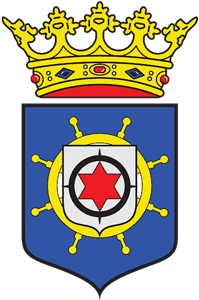What can you do before an earthquake, collapse
- Always know where the emergency exits of buildings are.
- Ensure proper maintenance of your house. Renovate old, dilapidated buildings to prevent them from collapsing.
- Stay away from buildings in danger of collapsing as much as possible.
- Ensure easy access to important documents in case of emergency (passport, driver’s license, medication list)
- Always have an emergency kit in your house for at least three days, including shelf-stable food, a portable radio on batteries, 3 liters of water per person per day, and candles.
What to do during an earthquake
- Hide under a heavy piece of furniture or next to a doorframe. Sit still, protect your head and neck with your hands.
- Stay far away from windows, glass doors, and unsecured cabinets that can topple over.
- Ensure easy access to important documents in case of emergency (passport, driver’s license, medication list).
- Always have an emergency kit in your home for at least three days, including shelf-stable food, a portable radio on batteries, 3 liters of water per person per day, and candles.
What to do during a collapse
- Evacuate quickly and find an open space. Do not use the elevator. Elevators are not safe during a collapse.
- If there are fires, try to extinguish them.
- Do not go back inside to retrieve your belongings.
What to do after an earthquake, collapse
- Call 911 if you are in danger.
- If you are under wreckage, try to remain as calm as possible. If there is a tube or a pipe nearby, try tapping or hitting it so that others can hear you. Scream only in the extreme case; you have to save oxygen for as long as possible. Screaming consumes oxygen.
- Determine what the damage is. Be cautious of any loose electrical wires. Turn off the power.
